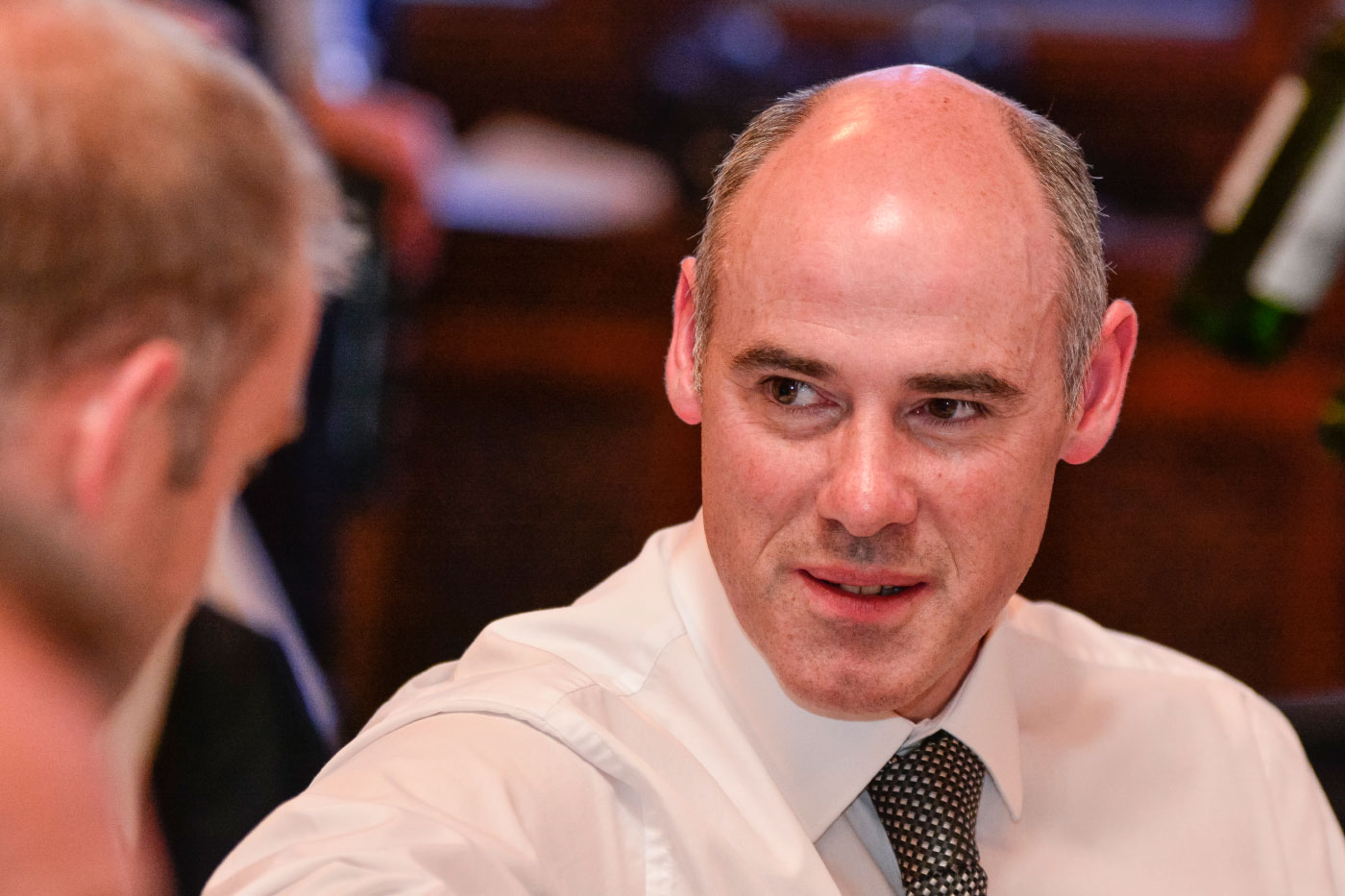A Silk Hat
T.S. Eliot’s haunting words in ‘The Waste Land’ that April is “the cruellest month” stay with many of us throughout our lives. But it is Eliot’s observations later on about the house-agent’s clerk and the Bradford millionaire with a silk hat that have always interested me more. It is an insight into how powerful perceptions of normality, respectability and conventionality can be in business and in society more generally.
Nowadays we would call some of this power, in our modern jargon, ‘mainstreaming’. The development of a niche idea and activity so that it becomes widely understood, supported and consequently adopted on a much larger scale. This April has delivered, in the form of the Manifestos of each of the three main UK wide political parties, some further encouraging evidence that employee ownership is gaining more and more acceptance and widespread recognition in its journey to the ‘mainstream’.
Each of the Manifestos expresses support for employee ownership with the Liberal Democrats going furthest in their commitment to growing the proportion of UK GDP delivered by employee owned businesses by 2020. The emphasis in the Conservative document is on significantly increasingly the number of our front line public services that are delivered by employee owned businesses. The Labour Manifesto includes a pledge to safeguard the employee ownership that exists within Royal Mail as part the Party’s commitment to employee ownership.
Employee owned businesses are, as a direct consequence of their ownership model, outperforming all other types of business in every part of the economy. The fact that the politicians, in their Manifestos, have recognised this success and want to see more of it is very positive. They ultimately control industrial and economic policy and our tax and regulatory regimes. So, for those of us who are passionate about employee ownership, these election documents are another small but important step forward.
And it is important to remember this is just one development in a wider context of constant progress. In the bigger picture businesses, their advisers and funders are now more aware than ever of the resurgence that employee ownership has experienced over the last three years or so. Media coverage of employee ownership is now at an unprecedented level. Crucially, both the media and business communities have grasped that the growth of employee ownership is all about highly productive, profitable, ethical and long term businesses that engage their employees, and that invest in their local communities.
If we then throw into the mix that employee ownership, through its recent growth, is now a sector approaching a similar scale to the aerospace industry and that the number of employee owned businesses continues to grow at an annual rate of around 9%, these are clearly hugely encouraging times for employee ownership.
But we must not be complacent. Instead let us keep raising the profile of employee ownership. This remains the most effective way of inspiring the next wave of businesses to be employee owned from inception or to transition into employee ownership. And whilst we are on the theme of the next generation of businesses, a brief reminder that the deadline for the Employee Ownership Association Investment Award 2015 is fast approaching. The Award is open to any entrepreneur who is about to create an employee owned business whether as a start up enterprise or through the conversion of an existing business. The Award is for the most stimulating example of an employee owned business that is being created. The winner will receive a financial contribution towards the cost of professional fees incurred in building their employee ownership structure. So, if you would like to apply or know someone who might want to, time is of the essence!
Finally for now I am always being asked to recommend written work on employee ownership for others to read. I will from now onwards mention one or two suggestions in some of my future monthly blogs. For the time being, anyone interested in employee ownership could do a lot worse than reading two things. Will Hutton’s new book “How Good We Can Be” includes a fascinating examination of economic ownership in the UK and how important it is to have a range of business ownership models within the economy. And Sir Charlie Mayfield’s recent Oakeshott Lecture shines a light on employee ownership and economic productivity in the UK. Whilst I do not agree with all that Mayfield and Hutton have to say these are two excellent pieces of reading. I can also guarantee that neither will leave you with the sense of desolation, of uncertainty and futility that Eliot’s ‘Waste Land’ always does!
Iain Hasdell is Chief Executive of the EOA

